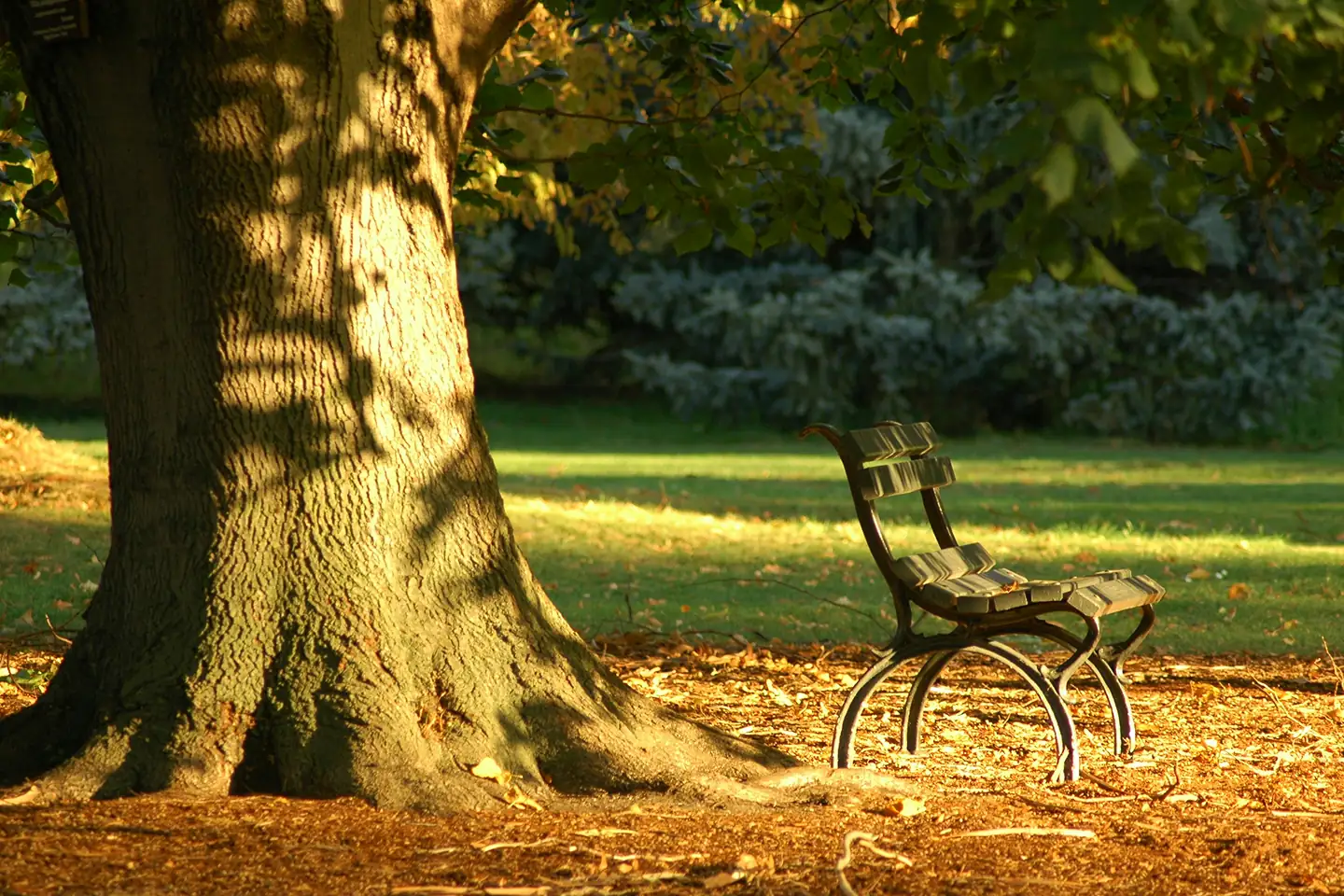You might be reading this and still feel unsure. Maybe you’re coping “well enough.” Or maybe the idea of opening up feels overwhelming; too big, too soon, or too unfamiliar. That’s okay. Feeling uncertain doesn’t mean you’re not allowed to seek support. It just means you’re being thoughtful about it.
You don’t have to feel completely ready. You don’t have to know what you’ll say. You just have to be curious about whether support might help. Counselling isn’t a lifelong commitment, and it’s not about ticking boxes. It’s a chance to sit down, take a breath, and see what it feels like to have someone listen, with no judgement, no rush, and no expectations.
Many people begin bereavement counselling feeling hesitant. They worry they’ll cry too much, or not enough. That they’ll say the wrong thing. Or that what they’re going through isn’t “serious” enough. But therapy isn’t about proving your pain. It’s about being supported in whatever shape your experience takes.
You’re allowed to take your time. You’re allowed to ease in. And you’re allowed to ask for help even if you’re not sure what you need from it yet. Sometimes, showing up with uncertainty is the most honest, and most human, place to begin.








